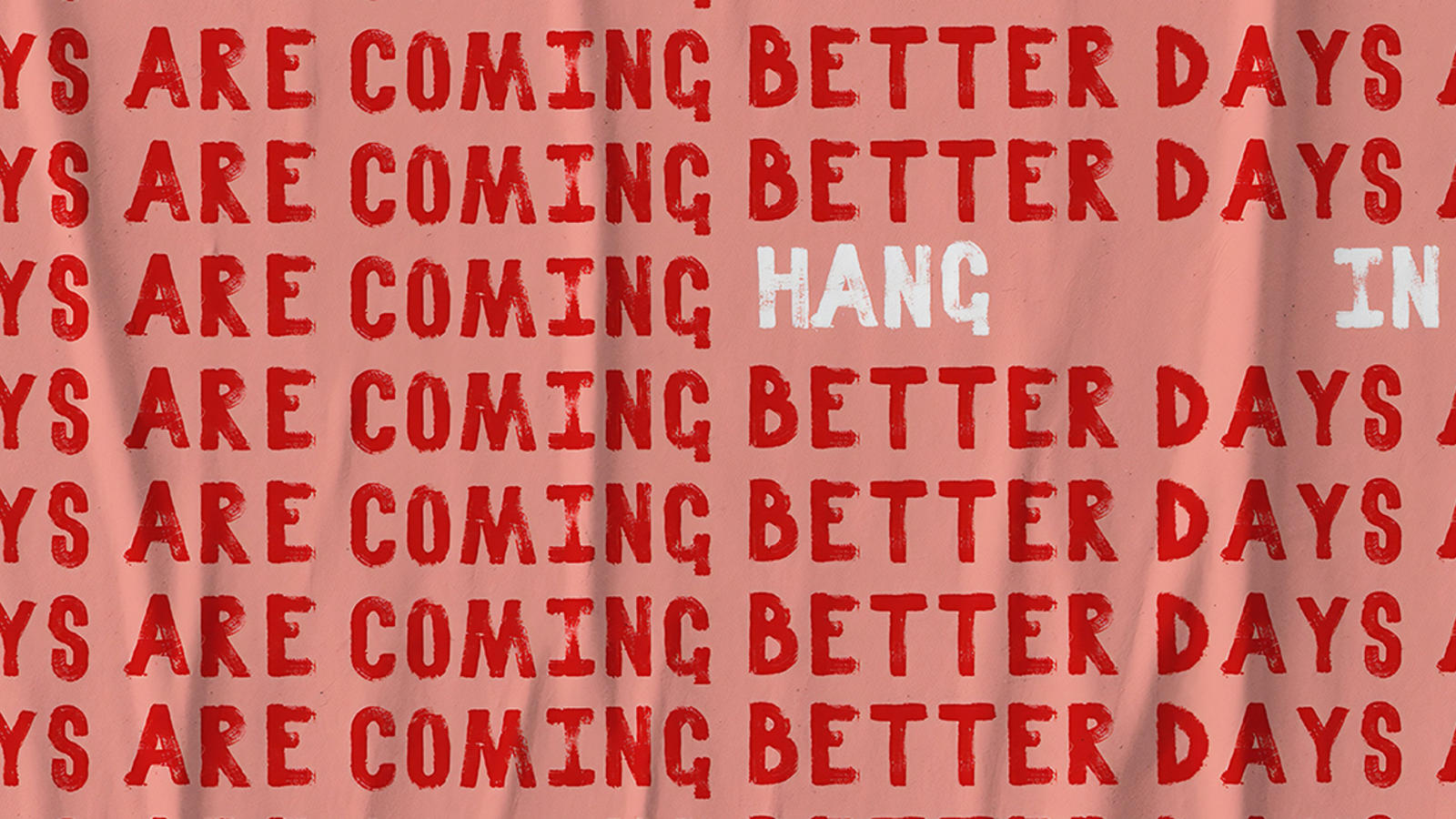
New And Improved
After A Scandal, Where Do Clients Go Next?
Based on research by Alessandro Piazza and Julien Jourdan
After A Scandal, Where Do Clients Go Next?
- Scandals typically hurt organizations only if they receive broad publicity.
- Competing organizations sometimes benefit when a rival is embroiled in a scandal.
- The organizations most likely to benefit from a competitor’s scandal are ones that offer similar services, but are seen as having stricter ethical policies.
When scandal tears through an institution, it can hurt innocents in the same field. But even the darkest scandal can sometimes benefit a similar organization — if, that is, the public sees it as far more ethical, says Rice Business professor Alessandro Piazza.
In a recent paper, Piazza collaborated with Julien Jourdan of the Université Paris-Dauphine, PSL Research University, to study the effects of the sex crimes scandal that embroiled Catholic priests and other clergy on membership in not just the Catholic Church itself, but also 16 other U.S. Christian denominations. The researchers analyzed the 16 denominations between 1971 and 2000 in an attempt to track any flight of Catholics to other churches. The findings offer insights for secular organizations in scandal-stricken fields.
To reach their conclusions, Piazza and Jourdan studied data sets from the Religious Congregations and Membership Study and the Churches and Church Membership Study, maintained by the Association of Religion Data Archives. The data included county-level statistics on congregations of 149 religious bodies.
Using this data, Piazza and his coauthor first tallied county by county church membership, coding for variables such as ethnicity and economic status. Next, they created a model to rate churches on issues such as strictness, mandatory commitment and evangelism. Finally, they compared the changes in membership figures for non-Catholic churches to explore whether former Catholics might have joined other churches as a result of the clergy scandal, and if so, which ones.
Scandal, broadly defined as publicized transgressions of established norms, can indelibly mark the collective imagination. Media amplify the effect with their investigations of the disgraced organizations, whether it be the Catholic Church, Enron, WorldCom or the British Parliament. Research shows that a scandal can tarnish individuals, organizations and, by indirect association, even entire industries.
At the same time, it’s possible for members of a scandal-plagued group to prosper. When, for instance, Nike was accused of using slave labor in the developing world to make their products, rival companies that could showcase better labor practices benefited. Past studies, however, have not shown how these consequences occur, or how they affect people on the inside of the implicated organizations.
Piazza and Jourdan found that scandals can improve business for rival organizations under key conditions, the most important one being if they offer close alternatives to the services once supplied by the disgraced organizations. This kind of swap is most likely to happen when a service is still needed. After the Enron scandal, for instance, clients of its disgraced auditor, Arthur Andersen, still required auditing services, so took their business to rival auditing firms.
The researchers also analyzed the responses of people within an organization disrupted by scandal. Unlike investors, who may react to a scandal quickly and coldly, an organization’s members are more likely to reflect on options before leaving.
In the case of the Catholic Church, disillusioned members gravitated to denominations that shared certain traits with Catholicism, but were perceived to enforce stricter norms. For these Catholics, religious participation and commitment to religious activity were the most compelling aspects when choosing a new church. Theology mattered less.
Most of the disillusioned Catholics, in fact, moved to Protestant denominations seen as strict and ethically austere, such as the Missouri Synod Lutheran and Southern Baptists. Far fewer turned to more liberal mainline churches such as the Presbyterian or Episcopalian churches, even though the latter is theologically close to Catholicism.
The stricter churches were more likely to draw ex-Catholics who were poorer and less educated, had contributed more money and attended more services, held stronger beliefs and belonged to more church-related groups.
Though the Catholic Church scandals unleashed enormous spiritual anguish, the practical effects also apply to secular organizations, Piazza and Jourdan write. Certain firms, like certain denominations, can gain tangibly from a rival’s disgrace. The caveat: They must offer similar services, and appear to be more virtuous.
Surprising as it may sound, in other words, an industry-wide scandal can sometimes mean opportunity. When a large institution falls to rubble, its survivors resolve not to make the same mistake twice. Looking for similar services, they’ll choose the most austere organizational culture they can find.
Alessandro Piazza is an assistant professor of strategic management at Jones Graduate School of Business at Rice University.
To learn more, please see: Piazza, A. & Jourdan, J. (2018). When the dust settles: The consequences of scandals for organizational competition. Academy of Management Journal, 61(1), 165-190.
Never Miss A Story


